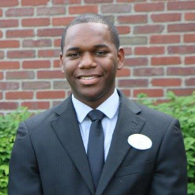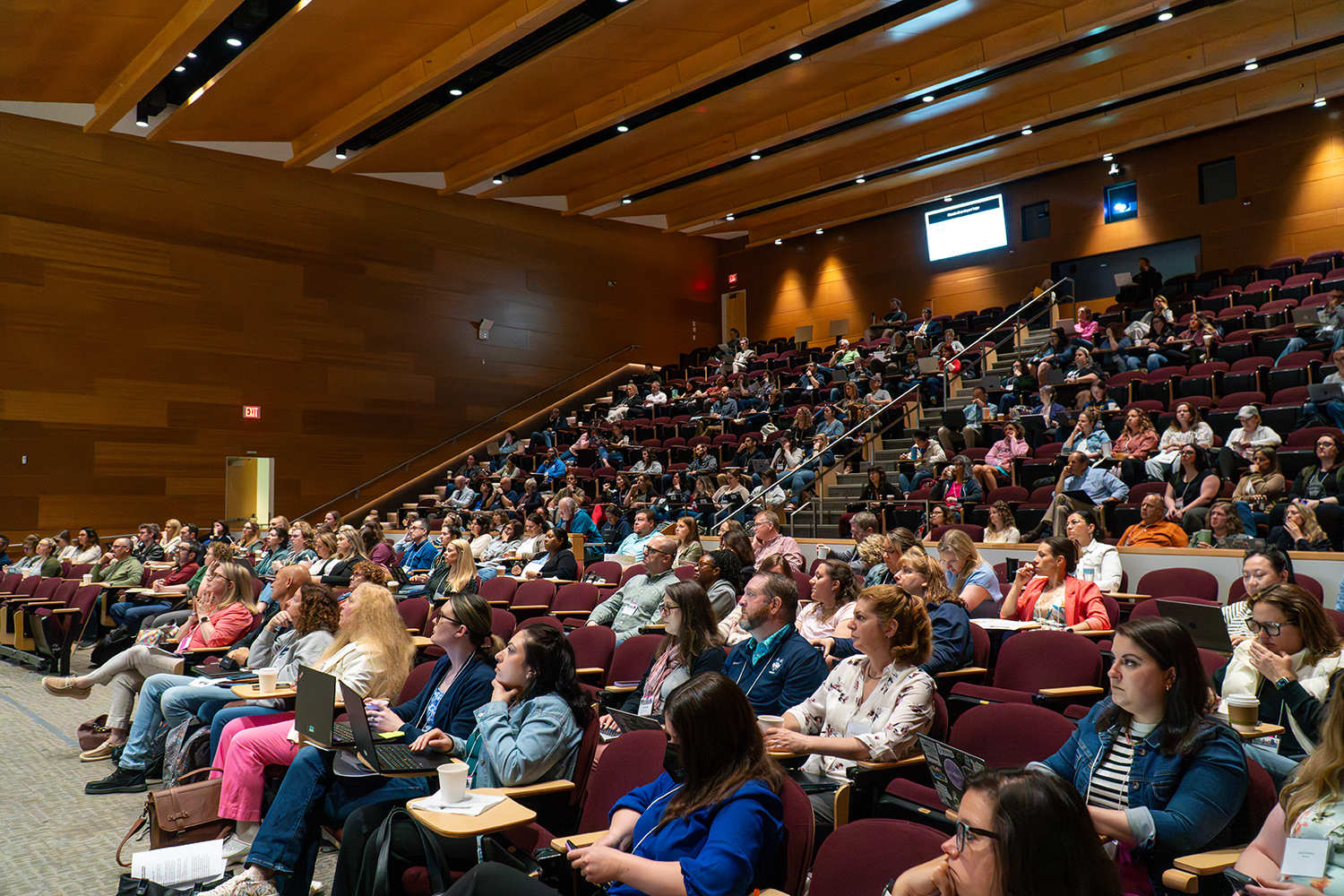Before he became a UConn Ph.D. student, Laron Burrows worked as an engineer in the renewable energy industry.
His interest in making chemical processes more “planet friendly” isn’t just a passing interest, he says. It is his life’s work.

His passion has led to the creation of a new company, called Andros, that is trying to disrupt one of the dirtiest chemical processes in the world: ammonia production.
Ammonia is vital for nitrogen-based fertilizers. Ammonia synthesis reactors really haven’t evolved much over the last 100 years. They use high pressure and high temperatures to ignite the chemical process. Fed by natural gas, they produce an alarming 2 percent of the Earth’s CO2 emissions.
Although ammonia is mainly being used for fertilizer today, it has more far-reaching implications, Burrows says. It could eventually be used to fuel intercontinental transport ships.
“This is an important challenge that keeps me up at night,’’ Burrows says. “There isn’t a real solution to decarbonize these industries yet. It is a really difficult problem, and a solution would be very valuable for the world.’’
UConn Has Shaped Startup’s Trajectory
With his startup, Burrows is turning heads. He has developed a new reactor, based on the principle of chemical looping, that is smaller, more efficient, and less expensive than traditional methods. Perhaps most importantly, it produces no CO2 emissions.
Later this month, Andros will compete in two major entrepreneurship challenges. The first is an MIT-sponsored entrepreneurship competition called The Engine: Blueprint Program, for companies seeking to commercialize scientific breakthroughs.
Three days later, on Oct. 17, he will compete in UConn’s Wolff New Venture Competition, which awards more than $50,000 in prizes, to UConn-affiliated entrepreneurs. The competition, hosted by the Connecticut Center for Entrepreneurship and Innovation, is the pinnacle entrepreneurship challenge at the School of Business. All are welcome to attend.
Burrows says UConn has prepared him well for the growth of his company.
Andros was the top finalist in UConn’s 2023 Innovation Quest (iQ) entrepreneurship competition this spring. Last summer Burrows continued to develop his business goals through the CCEI Summer Fellowship accelerator, which helps UConn-affiliated startups to advance.
“It was a great experience and very intensive. You basically dissect your business and test your assumptions every day,’’ he says. “All the mentors were very helpful. Professor Wayne Bragg helped me with the financial aspects, developing my economic models and looking at financing for the next five to 10 years. Professor Rory McGloin helped me with my presentations and storytelling.’’
“Since April I’ve been simultaneously planning the business side of it and developing my reactor technology and speaking with licensing experts. I’ve done a great deal of planning for the launch.’’
“I’m definitely in a better place than I was even a few months ago,’’ Burrows says. “Andros is moving in the right direction both with the technology and the business plans. The future looks good.’’
Entrepreneurship Started in Childhood
Even as a young child, Burrows knew he’d become an entrepreneur.
“In the third grade I sold baseball cards and trinkets,’’ he says. “At age 12, I was developing a way to remove oil from seawater. I always thought science and engineering innovations provided great opportunities for entrepreneurship.’’
Burrows credits his chemical engineering Ph.D. adviser, professor George Bollas, who offered him the opportunity to develop this technology when Burrows came to UConn. Together they have developed the reactor and filed a provisional patent application.
“It’s been three years, and it is much harder than I thought to solve a world problem in three years,’’ Burrows says, laughing.
The Wolff New Venture Competition will be held on Tuesday, Oct. 17 from 5:30 to 8:30 p.m. at the School of Business’ GBLC, Second Floor, 100 Constitution Plaza, Hartford. All are welcome. Please pre-register at https://ccei.uconn.edu/wolff-new-venture-competition



